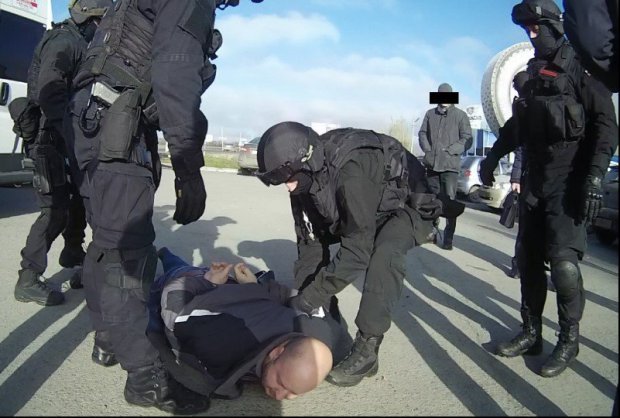Over 200 members of a fraudulent scheme were arrested by European agencies
The dark web has become a space of proliferation for all kinds of illicit activities; criminal associations engaged in drugs sale, malicious software distribution and children exploitation act freely over this platform. To counter the activities of these groups, law enforcement agencies across Europe, led by Europol, implemented a coordinated operation through 13 countries to combat this kind of crimes.
According to specialists in digital forensics from the International Institute of Cyber Security, this operation was launched last November, with agencies across Europe chasing multiple members of gangs dedicated to money laundering and other crimes throughout dark web.
Europol stated through a press release that 235 people were arrested during this operation, mostly for crimes related to money counterfeiting. In addition, the agency reported that 300 houses were raided.
A key factor for the success of this operation was the carelessness of one of the suspects, as their limited security measures allowed a data leaking that the agencies used to track an illegal transaction. Thanks to unencrypted information, it was easier for agencies to identify gang members involved in money counterfeit. According to experts in digital forensics, the operators of this scam received payments in cryptocurrency, but they managed a record of their clients’ email addresses.
In addition to the arrests performed, the authorities seized almost two thousand euro banknotes of various denominations, as well as multiple weapons, drugs, hardware for cryptojacking, computers, smartphones and virtual assets (Bitcoin). On the other hand, the French police discovered two facilities dedicated to the cultivation of marijuana and an illegal print shop.
2018 has been a prominent year in the fight against dark web crimes. Last June, the Austrian authorities shut down a dark web portal and succeeded in arresting its operators in an operation run by the Austrian Federal Police Office and Europol. During this operation, a counterfeit euro printing press was also shut in Leoben, Austria. This installation had the necessary resources to print banknotes of 10, 20 and 50 euro; according to the authorities’ estimates, before shut down, the criminals had printed about €10k.
However, cybersecurity and digital forensics specialists believe that the fight against counterfeiting in dark web has just begun, as similar services can still be found available in multiple forums dedicated to cybercrime around the world.
“This joint operation is the sign that there is no such thing as absolute anonymity on the Internet. If you carry out illicit activities online, sooner or later police agents will be knocking at your door,” says Wil van Gemert, operation officer from Europol. “The agency will continue to work with the Member States to combat this kind of crime,” said the official.

He is a well-known expert in mobile security and malware analysis. He studied Computer Science at NYU and started working as a cyber security analyst in 2003. He is actively working as an anti-malware expert. He also worked for security companies like Kaspersky Lab. His everyday job includes researching about new malware and cyber security incidents. Also he has deep level of knowledge in mobile security and mobile vulnerabilities.












